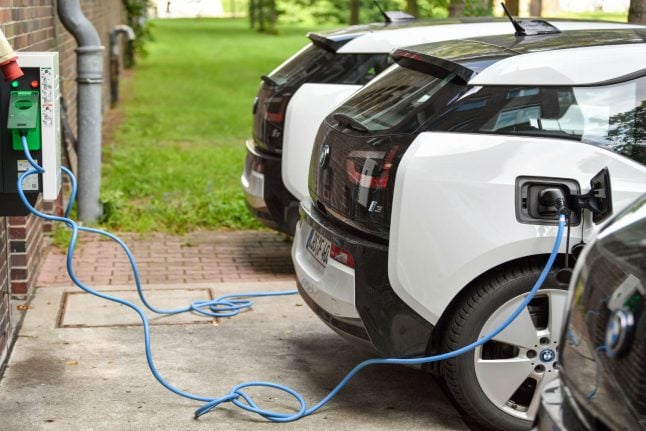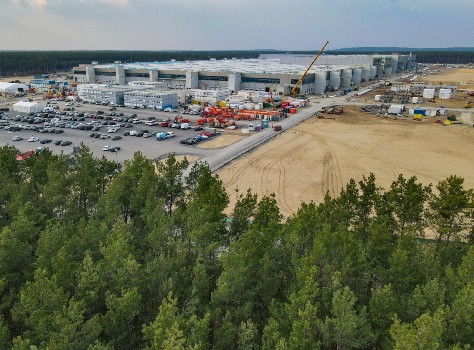Krüger, who had been criticized for not steering the group quickly enough
towards electric technology, said earlier this month that he would not seek another term when his current office runs out next April.
However BMW's supervisory board said in a statement on Thursday that Zipse
will take his place on August 16th.
Zipse, 55, began as a trainee at BMW in 1991 and has since held various management positions.
As current head of the product division he supervised 31 factories worldwide as they were in the process of transitioning to electric car production.
The other main contender to head the car behemoth was believed to have been BMW research chief Klaus Fröhlich.
One of the main tasks facing the new boss will be shifting gears to an electric future ahead of tougher anti-pollution measures gradually coming into force in the EU.
Supervisory board chairman Nobert Reithofer said that “decisive strategic and analytical leader” Zipse will “provide the BMW Group with fresh momentum in shaping the mobility of the future”.
Plans for an electric roll-out
The Munich-based manufacturer will offer 25 electrified vehicles in 2023, “two years earlier than originally planned,” former Krüger had said in a statement in June.
Of those, more than half will be all-electric while the remainder will be hybrids, BMW said.
The carmaker took an early lead in battery-powered driving with its i3, released in 2013.
However, it is no longer the market leader using the technology, which is indispensable for carmakers to meet the EU's tough new carbon dioxide (CO2) emissions rules set to bite from 2020.
Germany's flagship industry as a whole is seen as lagging foreign competitors like California's Tesla or China's producers.
In the first five months of 2019, BMW sold 48,000 electrified vehicles, up two percent on the same period in 2018.



 Please whitelist us to continue reading.
Please whitelist us to continue reading.
Member comments